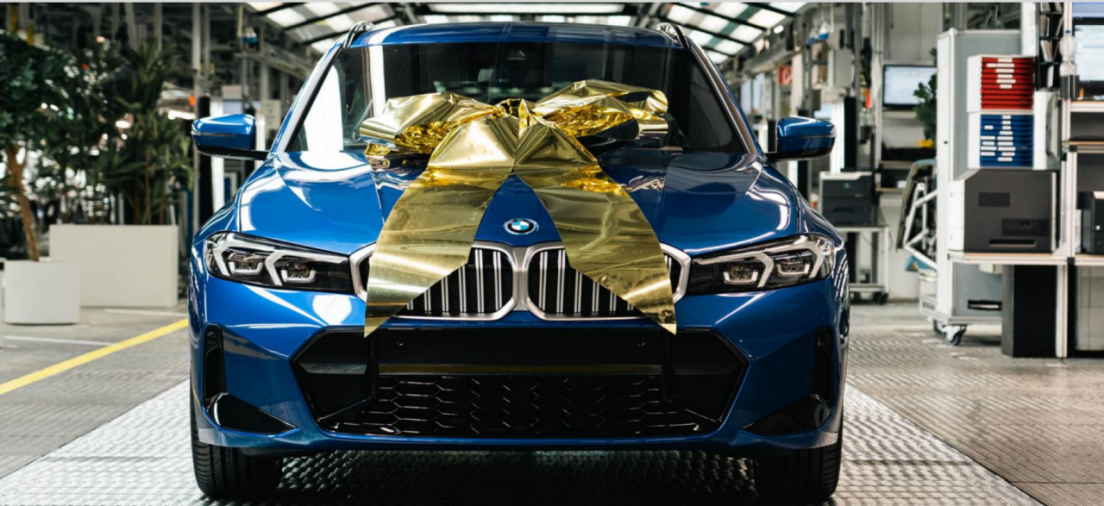According to Bloomberg, a report from Bloomberg Intelligence indicates that the trade agreement between the EU and the US has boosted profits for BMW Group, Mercedes-Benz Group, and other European automakers by €4 billion (approximately $4.7 billion). On July 28, European automotive stocks rose following news that the US would lower tariffs on cars imported from the EU from 27.5% to 15%. Analyst Michael Dean noted in the report that BMW and Mercedes-Benz would also benefit, as these companies export about 185,000 cars annually from their US factories to the EU, which may qualify for tariff exemptions. This trade agreement has provided a degree of clarity for auto manufacturers like Mercedes-Benz, BMW, Porsche, and Volvo in the critical EU market. Since US President Trump imposed tariffs in April, automakers have warned that this would add billions in costs and complicate supply chains, leading several companies to revise their financial forecasts downward. Automotive analyst Matthias Schmidt commented on the EU-US trade agreement, stating, 'Given the initially bleak circumstances, this is the best outcome possible. I believe the CEOs from Germany and Sweden can sleep a bit more soundly tonight.' The impact of this trade agreement is particularly significant for German automakers, prompting executives to travel to the US to negotiate directly with the Trump administration, indicating the importance of the US market due to its higher profit margins compared to Europe or China. Currently, negotiations have only yielded partial results. The main demand from German automakers is the recognition of the approximately 420,000 cars exported from US factories by Volkswagen, BMW, and Mercedes-Benz under the export credit policy, but the final agreement only exempted vehicles returning to the EU, while most other exported vehicles will still face tariffs. Additionally, the new tariff rate for EU cars in the US is significantly higher than the previous 2.5% level prior to Trump’s actions, forcing companies to weigh whether to increase car prices or shift more production to the US. These tariffs are exacerbating challenges for European automakers, including intensified competition in the Chinese market and high investment costs amid lower-than-expected electric vehicle demand. On July 25, Volkswagen Group lowered its financial forecasts for the year due to the impact of tariffs on its brands Porsche and Audi, both of which primarily sell imported vehicles in the US. Earlier this month, Stellantis announced an unexpected net loss for the first half of the year, having canceled multiple investments and accounted for the impact of trade barriers; meanwhile, Volvo faced impairment losses due to tariffs affecting its luxury SUVs sold in the US. Manufacturers are taking action to address these tariffs. Volkswagen Group has pledged to increase its investment in the US, and Audi is considering establishing a local production base. Mercedes-Benz has announced plans to relocate production of its GLC SUV to a plant in Alabama. The German Chemical Industry Association (VCI), whose members include BASF and other suppliers to automakers, warns that the new tariff policies will harm European domestic industries in the long term. VCI president Wolfgang Große Entrup stated, 'If you’re preparing for a hurricane, then a storm will make you grateful. Nonetheless, the agreed tariffs are still too high. European exports are losing competitiveness.'
EU-US Trade Deal Boosts Profit for BMW and Mercedes by €4 Billion

Share this post on: